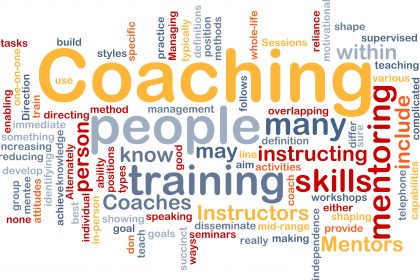Remember the decision maker (parent, community leader, or boss) saying, “my way or the highway” as the standard? Then it shifted to, “I’ll say what I think, and you tell me why you like it.” The norm now is offering advice or solutions. These approaches fail to fully engage or motivate long-term results. 
In a coaching culture differences are recognized. Each person is valued for their strengths and yes, weaknesses. A coaching culture creates awareness about how different people think, decide, and act, and how to work with them effectively based on who they are and their preferences. For a coaching culture, coach training empowers leaders to model the coaching approach.
Coaching enhances outcomes because people value the experience of others seeking to understand them and acting on their ideas. Individuals want to feel that they are important. A coaching leader is a strategic partner that:
- Asks questions for the clarifying of goals
- Explores options for moving past obstacles
- Empowers the creation of action plans
- Supports discovery of opportunities to achieve
- Empowers decision making and action
How? A coaching leader takes time to ask about goals and actions for moving forward. The individual is empowered to think about overcoming obstacles and create their own plans so that they are engaged, and follow-through increases exponentially. The coaching leader delegates responsibility effectively and supports individual growth. The coaching leader encourages individual decision making and action. Plus, the coaching leader verbally acknowledges contributions so that individuals are aware of being valued and valuable.
A coaching culture focuses forward. Rather than talking about what happened, who did it, or who said it, ask: Where are we now? Where do we want to be? How do we get there? How do we prevent this problem in the future? This coaching approach, taught during coaching certification, engages people in finding solutions and creating results.


